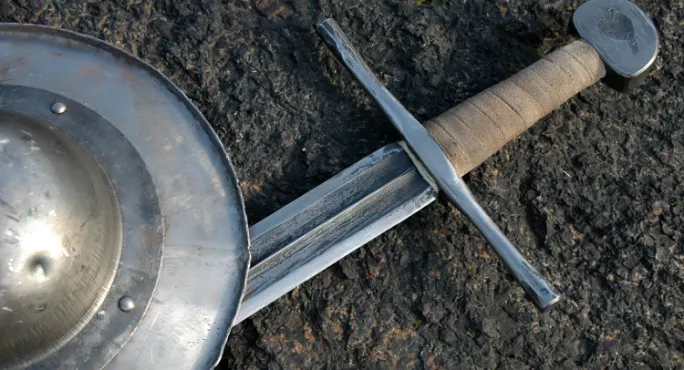Three quarters of history teachers say that the amount of content they are expected to cover for the new GCSE specifications is “unmanageable”.
The annual survey from the Historical Association suggests that the demanding nature of the specifications is causing schools to squeeze the key stage 3 curriculum, which is increasingly being taught in two years.
And, according to the survey, the number of students taking history beyond GCSE has dropped because of the decoupling of AS and A-levels.
The Historical Association’s survey of 313 teachers working in 287 schools found that 75 per cent of respondents viewed the amount of content to be covered in the GCSE specifications introduced in 2016 as “essentially unmanageable”.
The time required to cover the GCSE appears to have encouraged schools to squeeze the KS3 history curriculum.
History in 38 hours
Last month Tes reported concerns raised by Richard Harris, an associate professor of education at the University of Reading, who helped analyse the Historical Association’s survey. He said some schools were teaching the entire KS3 history curriculum in just 38 hours.
According to the survey, the proportion of history teachers reporting that they now allocate only two years to KS3 is 44 per cent - 20 percentage points higher than the 24 per cent figure recorded in 2015.
Three schools in the survey actually referred to providing a “five-year GCSE” in history.
Amanda Spielman, the chief inspector of Ofsted, has previously said the extent to which some schools are cutting the KS3 curriculum is “quite shocking”.
The Historical Association said “it is a matter of profound regret” that KS3 is being squeezed “since changes of this kind have a significant impact on young people’s access to history by reducing the period of secondary education in which the subject is taught to all young people”.
‘Dramatic decline’
The survey also highlights a “dramatic decline” in the number of entries for AS and A-level history. In 2017 just over 70 per cent of non-selective state schools reported fewer than 20 per cent of Year 12 students were doing history, compared with 60 per cent of such schools in 2015.
The Historical Association said this was probably the result of the decision to decouple AS and A levels.
“With many students taking [history] as a fourth subject and then opting to continue with it in light of their enjoyment of the subject and/or their success at AS-level, it is unsurprising now that schools’ decisions to follow a three A-level model have led to a significant reduction both in the number of students taking AS-level and in the total number of entries for A-level,” the association said.
Budget cuts
Other issues flagged up by history teachers include “inadequate funds” to purchase resources, identified as a current or serious concern by 73 per cent of respondents, and a lack of opportunity to access continuing professional development, noted by 60 per cent of respondents.
Most schools said they had not had to reduce their history offer as a result of budget cuts, but six comprehensives in the survey reported that they had been forced to remove history from their A-level options altogether.
The survey also found that the introduction of Progress 8 appears to have “begun reversing the trend for schools to steer certain students away from the subject”. Less than a third of schools (32 per cent) reported that some students are discouraged or prevented from taking history - the lowest figure for four years.
Want to keep up with the latest education news and opinion? Follow Tes on Twitter and Instagram, and like Tes on Facebook




